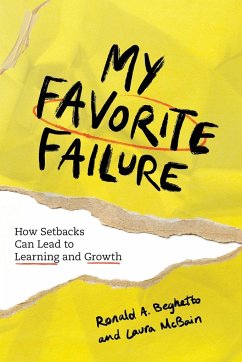
Affirmative Development
Cultivating Academic Ability

PAYBACK Punkte
26 °P sammeln!
Affirmative Development makes the case theoretically for deliberate intervention to develop academic ability for students not naturally disposed to develop such ability by the conditions under which they live. The book includes discussions of intellective competence and intellective character as products of the development of academic ability and reviews of the research evidence for the feasibility and morality of such action.














